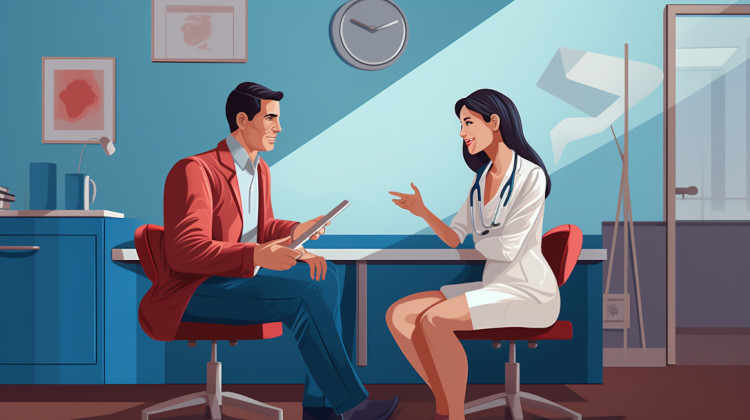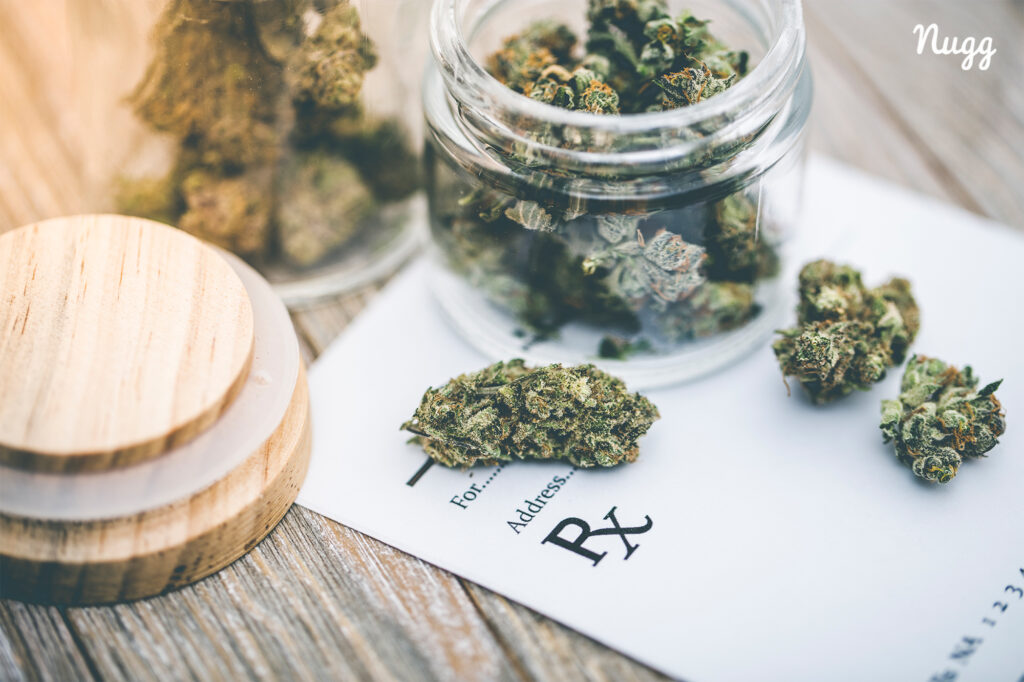
Jamestown Canyon Virus (JCV) occurs when an infected mosquito bites an individual. This virus exists in the United States, with most cases being found in the upper Midwest. It’s difficult to make statistical claims about this virus, as it’s significantly underdiagnosed.
There is no specific way to prevent getting JVC aside from taking precautions against mosquito bites. Wearing protective clothing and sprays is a good way to ward off mosquitos, but there’s no way to be sure you won’t get this virus.
JVC can be diagnosed in a variety of ways. Medical professionals will typically diagnose this condition based on symptoms and whether or not an individual has been to an area where the virus is common. However, diagnosing this condition through blood or spinal fluid is also possible.
If you think you may have this condition, contact your doctor as soon as possible. Some other infections can lead to similar symptoms, so it's best to get professional advice.
There is no treatment for the Jamestown Canyon virus since antibiotics don’t work on viruses, although symptoms can be managed. It’s typically recommended that individuals consume lots of fluids and rest and reach out to their doctor if their symptoms increase in severity.
What Causes Jamestown Canyon Virus?
There is only one way to get this virus: being bit by a mosquito that carries it. Since this virus is only transmitted one way, taking the necessary mosquito precautions is essential.
Jamestown Canyon Virus Signs & Symptoms
JCV can vary dramatically between individuals. Some individuals will have no symptoms (which is common), while others will have severe symptoms. It’s important to remember that everyone has a different experience with this virus, so contact a medical professional if you’re experiencing symptoms.
Symptoms of JCV can set in anywhere from a few days to a few weeks after being bitten by a mosquito. This is one of the reasons this condition is underdiagnosed, as some people don’t realize that the symptoms they’re experiencing are from this condition.
If you are experiencing Jamestown Canyon virus, you may experience one or more of the following symptoms:
- Fever
- Headache
- Fatigue
In some cases, the Jamestown Canyon virus can have neurological effects.1 These effects are typically severe. Some less common JCV virus symptoms include:
- Cough
- Runny nose
- Stiff neck
- Seizures
Death from JCV is very rare, but it is possible. It is fairly common for individuals with this virus to be hospitalized, as medical professionals can help with symptom management.
Can Cannabis Help Alleviate Symptoms of Jamestown Canyon Virus?

If you live in an area where the Jamestown Canyon virus is prevalent, you may wonder if cannabis can help alleviate it.
There hasn’t been much research that looked at how cannabis and the Jamestown Canyon virus can interact. There isn’t currently a treatment for this condition, including cannabis.
While cannabis may not directly treat this condition, it may be able to help with symptom management. For example, it’s possible that cannabis can help reduce body temperature, which may be helpful for those with a fever.2,3 Before using cannabis for fever reduction, speak with a medical professional, as fevers can sometimes be beneficial in healing the body from a virus.4
There are some symptoms that cannabis may be able to help alleviate, but there are also some symptoms that could worsen. It’s been found that cannabis may cause respiratory issues and increased phlegm production, which could exacerbate an existing cough from JVC.5
If you’re going to be using cannabis for Jamestown Canyon virus symptoms, then consider speaking with your doctor.
If you have severe Jamestown Canyon virus symptoms, then it’s most likely best to stop cannabis use until you’ve fully recovered.
Legality and Doctor’s Recommendation
To determine if your state considers Jamestown Canyon virus to be a qualifying condition for medical cannabis, check out our Laws & Regulations section for the medical cannabis rules for your state.
If you find that your state recognizes Jamestown Canyon virus or its symptoms as a qualifying medical condition, you can seek a doctor’s recommendation to get your medical cannabis card in your state.
How NuggMD Can Help

NuggMD is the nation's leading medical cannabis technology platform, serving patients in over half the United States. We’ve connected over 1,300,000 patients with their new medical cannabis doctors face-to-face via our state-of-the-art telemedicine platform.
We believe that every human being has the right to explore the benefits of medical cannabis and are fully committed to helping each patient explore all of their options in their journey to wellness. For further information on whether you qualify for medical cannabis, select your state.
References
- Vosoughi R, Walkty A, Drebot MA, Kadkhoda K. Jamestown Canyon virus meningoencephalitis mimicking migraine with aura in a resident of Manitoba. CMAJ. 2018;190(9):E262-E264. doi:10.1503/cmaj.170940
- Smirnov MS, Kiyatkin EA. Behavioral and temperature effects of delta 9-tetrahydrocannabinol in human-relevant doses in rats. Brain Res. 2008;1228:145-160. doi:10.1016/j.brainres.2008.06.069
- Habib G, Levinger U. Medical Cannabis in Treatment of Resistant Familial Mediterranean Fever. Am J Case Rep. 2019;20:1340-1342. Published 2019 Sep 10. doi:10.12659/AJCR.917180
- Belon L, Skidmore P, Mehra R, Walter E. Effect of a fever in viral infections - the 'Goldilocks' phenomenon?. World J Clin Cases. 2021;9(2):296-307. doi:10.12998/wjcc.v9.i2.296
- National Academies of Sciences, Engineering, and Medicine, Health and Medicine Division, Board on Population Health and Public Health Practice. Respiratory Disease. In: Therapeutic Effects of Cannabis and Cannabinoids. National Academies Press (US); 2017. https://www.ncbi.nlm.nih.gov/books/NBK425767/
The information in this article and any included images or charts are for educational purposes only. This information is neither a substitute for, nor does it replace, professional legal advice or medical advice, diagnosis, or treatment. If you have any concerns or questions about laws, regulations, or your health, you should always consult with an attorney, physician or other licensed professional.

